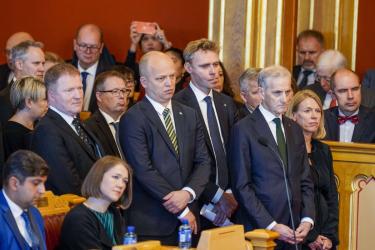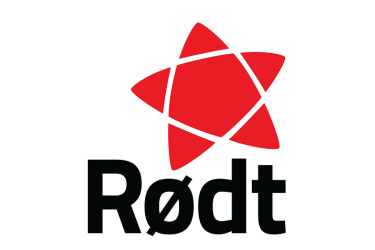Norway
Interview with Tobias Lund by Duroyan Fertl
July 5, 2022 — Links International Journal of Socialist Renewal reposted from Rosa Luxemburg Stiftung — The impact of the war in Ukraine in the Nordic countries has been largely viewed with reference to Finland and Sweden and their possible accession to NATO. But what have been the reactions of other Nordic countries to Russia's war of aggression, what are their most important demands, and what role are left parties playing in this response? Tobias Drevland Lund, an MP from the Norwegian left party Rødt, outlines the experience in Norway, and the prospects for a progressive and sustainable security infrastructure in Europe. Lund is an MP representing Telemark in Norway's Storting, and currently sits on the Nordic Council. From 2018-2020 he was leader of the party's youth wing, Rød Ungdom.
Grameen Bank's Muhammad Yunus (right) with Bangladeshi women. The promised empowerment and poverty reduction failed to eventuate.
By Patrick Bond
April 27, 2011 -- Links International Journal of Socialist Renewal -- Bangladesh’s once-legendary banking environment is now fatally polluted. The rot is spreading so fast and far that the entire global microfinance industry is threatened. Controversy ranges far beyond poisonous local politics, the factor most often cited by those despondent about Grameen Bank’s worsening crisis.





